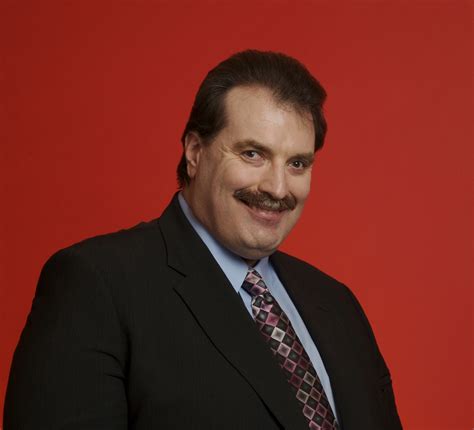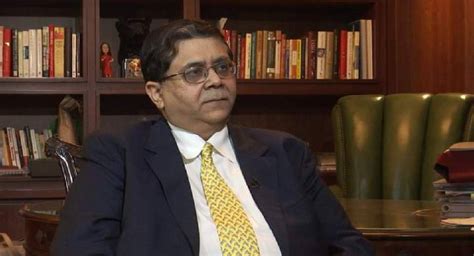A Quote by Alexander Weinstein
I think the future is intrinsically linked with our universal human problems. In fact, it's these very problems, and how we deal with them, which will determine our future.
Related Quotes
I feel many problems that we are facing, are man-made problems, we have too much emphasis on this secondary thing, forgetting our foundation. At foundation, we are the same human being and we are sharing the same planet. Six billion human beings' future is my future and my future is never separate from the future of six billion human beings.
Most very successful people can remember that their success was discovered and built out of adversity of some kind. It's not the problems that beset us-problems are surprisingly pretty much the same for millions of others-it's how we react to problems that determines not only our degree of growth and maturity but our future success-and, perhaps, much of our health.
The problems of a retired schoolteacher in Duluth are OUR problems. That the future of the child in Buffalo is OUR future. That the struggle of a disabled man in Boston to survive and live decently is OUR struggle. That The hunger of a woman in Little Rock is OUR hunger. That the failure anywhere to provide what reasonably we might to avoid pain is OUR failure.
Our nostalgic dreams of perfection thrive just as dangerously in the other direction too, in the imaginary future, that bold and tantalizing future where the troubles of today will be cured by a tomorrow, and all our losses will be recouped, our problems solved, our lives restored, our people made whole again, etc.
I think the sad fact is, there's a long history in this country at looking at African-American as subhuman. And I think that's reflected in the fact that, when we have problems that really are problems of employment, that are really problems of mental health, that are really problems of drugs, our answer is the police.
We can learn from history how past generations thought and acted, how they responded to the demands of their time and how they solved their problems. We can learn by analogy, not by example, for our circumstances will always be different than theirs were. The main thing history can teach us is that human actions have consequences and that certain choices, once made, cannot be undone. They foreclose the possibility of making other choices and thus they determine future events.
Many people are shrinking from the future and from participation in the movement toward a new, expanded reality. And, like homesick travelers abroad, they are focusing their anxieties on home. The reasons are not far to seek. We are at a turning point in human history. . . . We could turn our attention to the problems that going to the Moon certainly will not solve ... But I think this would be fatal to our future. . . . A society that no longer moves forward does not merely stagnate; it begins to die.
For good or for bad, India has rejected a more totalitarian approach to how it will deal with its social problems. We would starve but we would not give up our democracy and our love for our freedoms and to deal with these problems in an atmosphere of democracy and the rule of law without necessarily going, sort of resorting to civil disobedience or any kind of violent revolution.
A united humanity will be able to confront the many troubling problems of the present time: from the menace of terrorism to the humiliating poverty in which millions of human beings live, from the proliferation of weapons to the pandemics and the environmental destruction which threatens the future of our planet.































